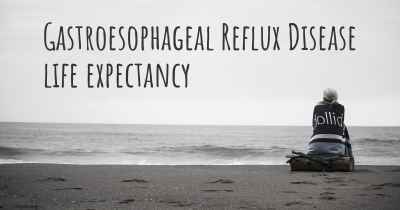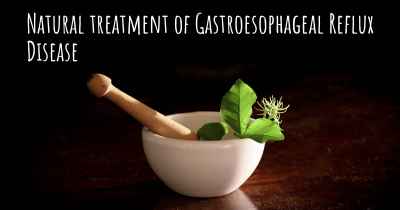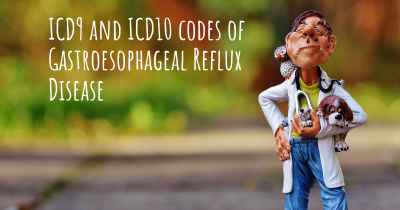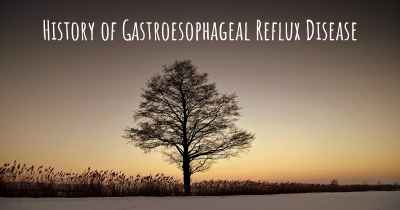Is Gastroesophageal Reflux Disease hereditary?
Here you can see if Gastroesophageal Reflux Disease can be hereditary. Do you have any genetic components? Does any member of your family have Gastroesophageal Reflux Disease or may be more predisposed to developing the condition?

Gastroesophageal Reflux Disease (GERD) is not typically considered a hereditary condition. However, there may be a genetic predisposition that increases the likelihood of developing GERD. Lifestyle factors such as diet, obesity, and smoking also play a significant role in its development. While there is no definitive evidence of direct hereditary transmission, individuals with a family history of GERD may have a slightly higher risk of developing the condition.
Is Gastroesophageal Reflux Disease hereditary?
Gastroesophageal Reflux Disease (GERD) is a chronic condition that affects the digestive system. It occurs when the stomach acid or bile flows back into the esophagus, causing irritation and inflammation. Common symptoms of GERD include heartburn, regurgitation, and difficulty swallowing.
When it comes to the hereditary nature of GERD, it is important to understand that genetics can play a role in the development of this condition. However, it is not solely determined by genetic factors. Various other factors such as lifestyle choices, diet, and environmental factors also contribute to the development and severity of GERD.
Genetic Factors:
Research suggests that there may be a genetic component to GERD. Studies have shown that individuals with a family history of GERD are more likely to develop the condition themselves. However, the specific genes and mechanisms involved in the inheritance of GERD are not yet fully understood.
One study published in the American Journal of Gastroenterology found that individuals with a first-degree relative (parent or sibling) who had GERD were more than twice as likely to develop the condition compared to those without a family history. This indicates that there may be a genetic predisposition to GERD.
Lifestyle and Environmental Factors:
While genetics may contribute to the development of GERD, it is important to note that lifestyle and environmental factors also play a significant role. Certain behaviors and habits can increase the risk of developing GERD or exacerbate its symptoms. These factors include:
- Diet: Consuming a diet high in fatty and spicy foods, citrus fruits, tomatoes, chocolate, caffeine, and carbonated beverages can trigger or worsen GERD symptoms.
- Obesity: Being overweight or obese increases the pressure on the stomach, leading to a higher likelihood of acid reflux.
- Smoking: Smoking weakens the lower esophageal sphincter (LES), the muscle that prevents stomach acid from flowing back into the esophagus.
- Alcohol and caffeine: Both alcohol and caffeine can relax the LES, making it easier for stomach acid to reflux into the esophagus.
- Pregnancy: Hormonal changes during pregnancy can relax the LES, increasing the risk of GERD.
- Hiatal hernia: A hiatal hernia, which occurs when the upper part of the stomach protrudes through the diaphragm, can contribute to GERD.
Conclusion:
In conclusion, while there is evidence to suggest a genetic predisposition to GERD, it is not solely determined by genetics. Lifestyle choices, diet, and environmental factors also play a significant role in the development and severity of GERD. Therefore, individuals with a family history of GERD should be mindful of these factors and make appropriate lifestyle modifications to reduce their risk of developing or worsening the condition. It is always recommended to consult with a healthcare professional for a comprehensive evaluation and personalized advice.
Posted May 20, 2017 by Citlali 1550








